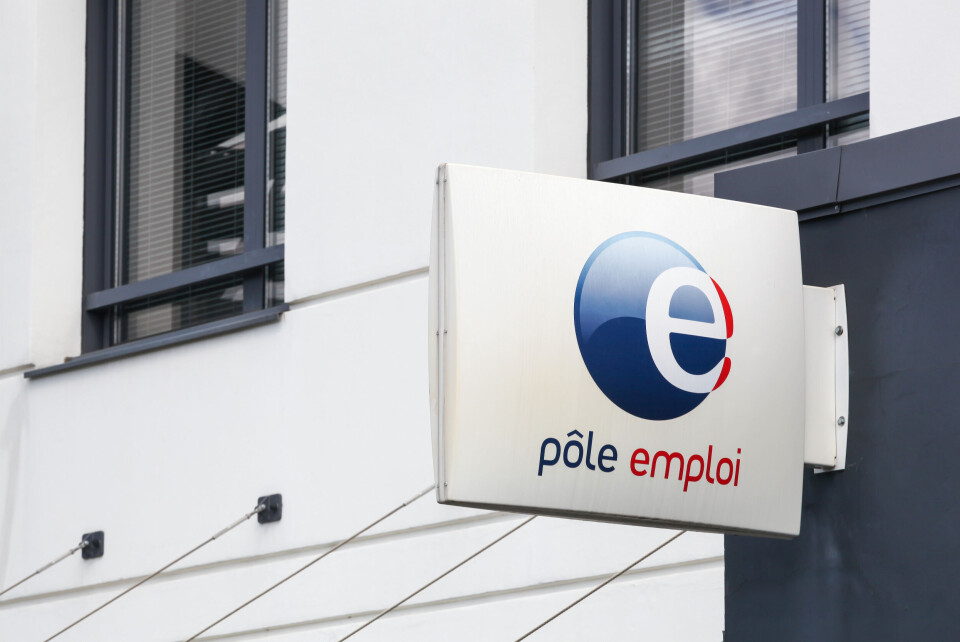-
World corruption: France better than US but worse than UK
High-level public figures in France have a ‘feeling of impunity’, the ranking says
-
Avalanche deaths in France: Why so many this year?
There have already been 12 deaths since Christmas
-
EES: Airports and airlines call for immediate review ahead of summer traffic
Warnings of four-hour delays during peak season as industry leaders ask for extended suspension period
France implements more controls to check for unemployment fraud
Pôle emploi can now access more details on jobseekers in a bid to detect benefit fraud

France is introducing more measures to guard against unemployment benefit fraud, including allowing the unemployment office Pôle emploi to check more personal details about claimants.
A new decree now enables the office to obtain more data on jobseekers from their bank, their energy supplier and their mobile phone operator. The move was first decided in December 2020 as part of the finances law of 2021.
The details are set to show the jobseeker’s:
-
Geographical location (thought to be through the claimant’s mobile phone)
-
Level of work or level of resources received, "which may be expressed in terms of financial amount or the number or frequency of transactions carried out or payments received"
-
their method of payment or remuneration
Yet, details will be visible for a maximum of an 18-month stretch, meaning that the fraud detection office will not be able to see an individual’s entire data history in one go.
Pôle emploi will also only be allowed to keep any data collected for a maximum of three years.
The move is designed to help detect cases of unemployment benefit fraud. It comes in addition to a decree that allows the employment office to access the ‘Ficovie’ file, which lists all life insurance and capitalisation contracts taken out with French insurance organisations.
The organisation can also consult The ‘Ficoba’ file (national file of bank accounts and similar accounts), which lists all bank accounts opened in France and their holders, as well as the property valuation database, Patrim.
‘Super checker’ taskforce
It comes after France announced the creation of a new ‘super checker’ taskforce in 2021. The team is made up of former tax agents and ex-private detectives, who help the Cnaf (La caisse nationale des allocations familiales) to track down fraudulent claimants.
The teams are enabled to detect 'high-stakes fraud', and 'sophisticated' operations, including those that are committed by organised gangs.
These crimes tend to be intentional and premeditated, rather than due to “situational opportunism”, the Cnaf has said.
These might include people who use false identities to collect benefits across several departments. For example, one fraudster was found to have collected 54 Cnaf (Caisse nationale des allocations familiales) payments out of the 101 nationwide offices.
Related articles
France cracks down on benefit fraud with new 'super checker' taskforce
























